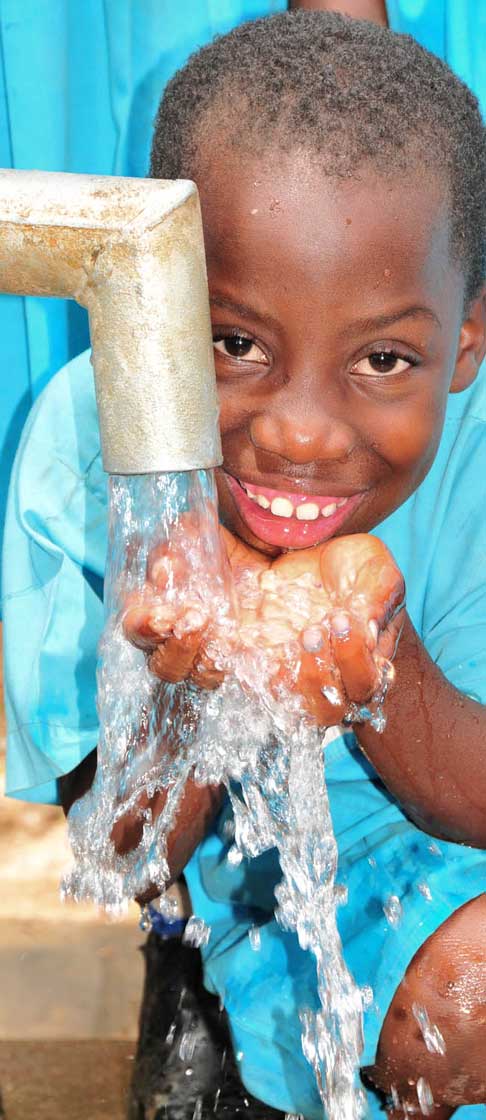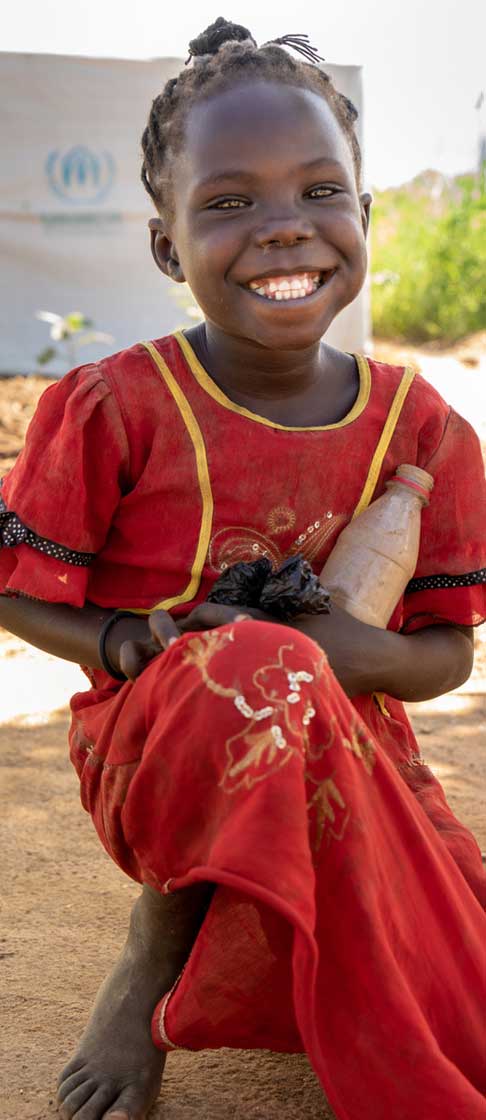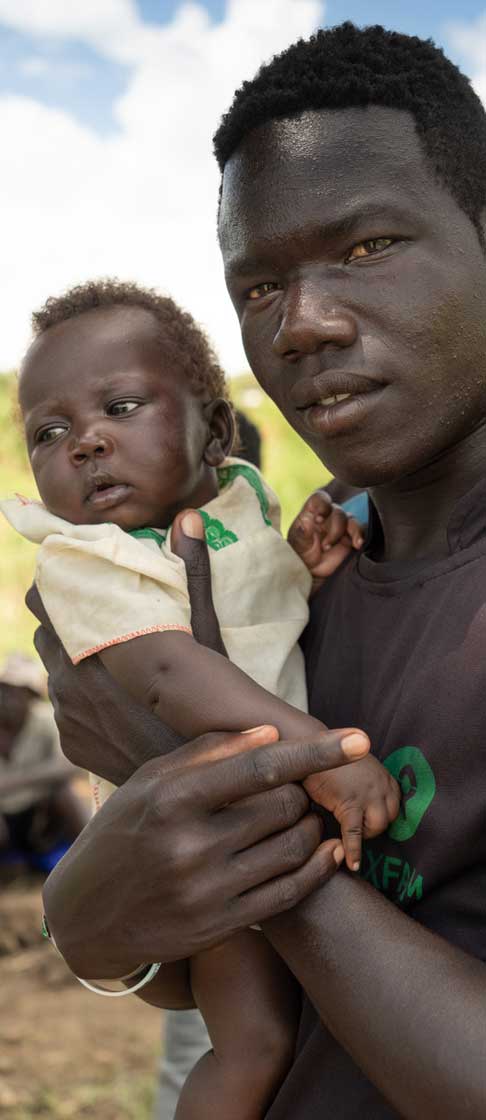WHAT WE DO
WE’RE BUILDING A MORE EQUITABLE WORLD THROUGH ACCESS TO WATER, EDUCATION, AND SANITATION
WATER & Sanitation
Water for Schools
Every 19 seconds a child dies from water and sanitation related disease.
If you find that number shocking, here is something even more shocking. Most of these deaths are easily preventable and the solution is as simple as providing clean water and proper sanitation. MORE…
Building a better toilet
When we started Drop in the Bucket, we thought that by drilling wells in rural schools and villages, we would immediately see huge health benefits for the community members, and while there were improvements, people were still getting sick. It became obvious that by not addressing sanitation, we were not dealing with one of the main reasons people were getting sick. MORE…
Roundabout Pumps
In remote primary schools with large numbers of younger children, hand pumps are not always the best solution. Smaller children may not have sufficient arm strength to work the hand pumps, so they often end up leaning on the pump handle and using the mass of their body weight to work the pump. The problem with this is that over time it can break the pump. Another issue is, a well cannot be sited next to latrines for a fear of ground contamination, but of course you still want everyone to wash their hands after using the toilet. MORE…
Solar Pumps
In situations where a roundabout pump is not ideal, we often substitute a solar pump instead. Solar pumps utilize the sun to pump water from the aquifer to the surface. They are particularly well suited for large secondary schools, clinics or health centers. MORE…

EDUCATION
While Drop in the Bucket has drilled wells at hundreds of schools across sub-Saharan Africa, we also work with schools to support girl education. To answer the question “Why girls and not girls and boys?” You have to look at some of the cultural factors in Uganda and South Sudan. While paying their children’s school fees is an important to most parents, there is a common tendency to prioritize educating their male children over their female children. If a parent has both boys and girls, but does not have the money to keep all of their children in school, they are often more likely to just pay for the boys and keep the girls at home to help with chores such as cultivating crops, helping with their siblings, preparing food and fetching water. MORE…
Support to Secondary Schools
Since 2016, Drop in the Bucket has been implementing a program that provides secondary school scholarships to South Sudanese girls. The girls in our current program were selected from five participating primary school in Nimule South Sudan. Shortly after the girls were selected, fighting broke out in the region and many of the girls’ parents were killed. Several of our girls ended up living in a refugee camp in northern Uganda. Drop in the Bucket staff, went to the refugee camps to find our students and get them to safety. We selected boarding schools where the girls could stay and be taken care of by trained staff. MORE…

Sustainability
At every well drilled by Drop in the Bucket, community members are selected and trained to be pump mechanics. The training is aimed at providing the participants with knowledge and skills to enable them to sustain, manage and repair their water points. Training hand pump mechanics is key to ensure project sustainability. MORE…
Training Water Management Committees
Before the well is drilled, Drop in the Bucket works closely with community members and relevant stakeholders to identify and select the best candidates to become members of the water management committee for the borehole. MORE…
Village Savings & Loans Associations (VSLAs)
A Lack of funds to cover inevitable maintenance is a significant barrier to sustainability for well projects. A $20 or $40 part could be the difference between flowing water and a broken well if the stakeholders do not have that much money. Putting the responsibility of suppling that part and carrying out any repairs on the boreholes is neither responsible, empowering or sustainable. They key for project longevity always has to be empowering the stakeholders to be able to manage and fund repairs themselves without outside influence or assistance. If we have already taken care of training community members to become pump mechanics and we have informed them on where they should obtain replacement parts, the next step is to make sure they always have the money to fund repairs. This is where the VSLA comes into play. MORE…

